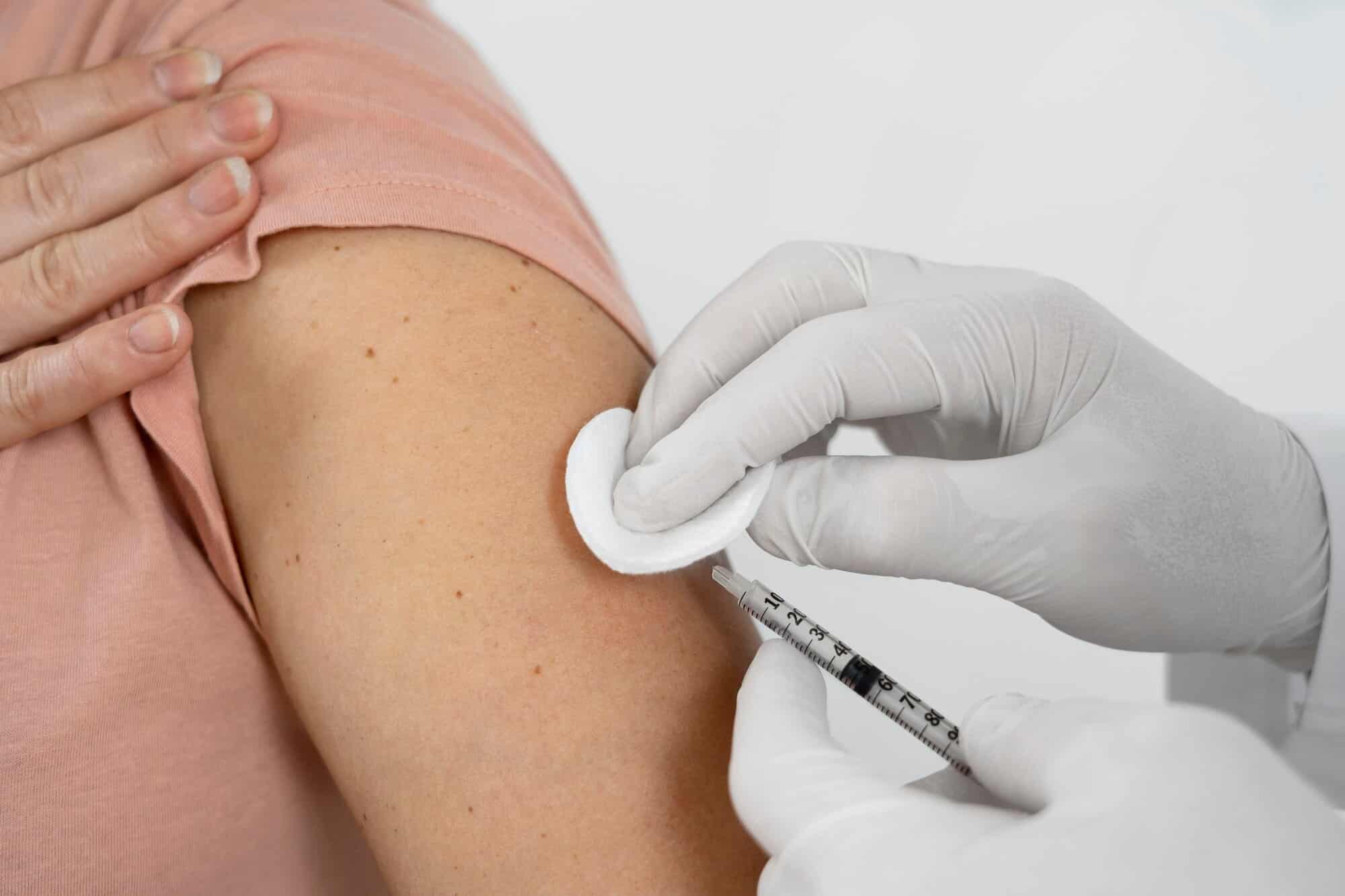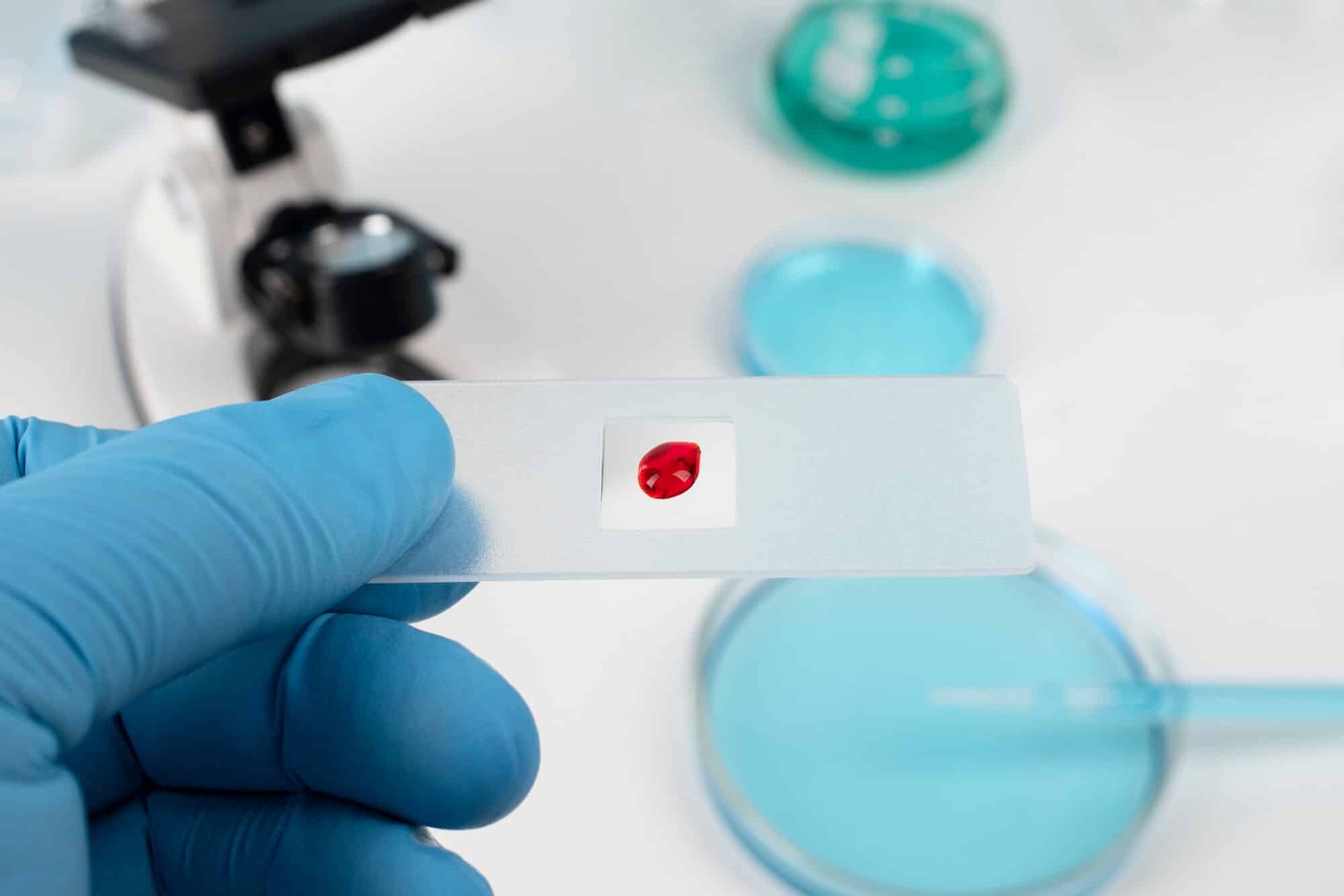
Sexually transmitted diseases (STDs) are infections that spread through sexual contact. STD tests are a crucial part of maintaining your sexual health, especially if you’re sexually active. You might wonder, “What STDs should I get tested for?” This a common question since many STDs don’t cause obvious symptoms. In fact, you could have an STD without knowing it, which is why regular testing is so important. The most common STD tests check for infections like chlamydia, gonorrhea, and HIV, but there are many other STDs. Below, we’ll discuss who should get tested, the different types of STD tests, which ones you might need, and why.
What are STD Tests?
STD tests are usually done by taking small samples like blood, urine, or swabs from certain body parts. They are quick, painless, and take only a few minutes. You should get tested for STDs regularly if you’re sexually active, especially with new partners. You should also get tested if you happen to notice any unusual symptoms like pain, genital discharge, or sores. Since some STDs don’t cause obvious symptoms, the only way to know for sure if you have an STD is to get tested.
Who Should Get Tested for STDs?
STD testing is vital for sexually active individuals, especially those aged between 13 to 64. Regular screenings help detect infections early, preventing serious health issues like organ damage, infertility, and, in some cases, cancer. By getting tested, you can protect your health and your partners’. Here’s what to know about who should prioritize getting tested for STDs:
Sexually Active Individuals
Anyone who’s sexually active should consider regular STD screenings. The CDC recommends that everyone in this group get tested for HIV at least once a year. If you have new or multiple partners, more frequent testing for common STDs like chlamydia and gonorrhea is advisable. Don’t wait for symptoms to appear, as many infections can be present without any signs.
Pregnant Women
All pregnant women need early testing for HIV, syphilis, hepatitis B, and hepatitis C. Those at higher risk should also be screened for chlamydia and gonorrhea. These tests help prevent complications. Your doctor may suggest follow-up testing later in pregnancy for certain STDs.
Injection Drug Users
People who share injection drug equipment should be tested for HIV at least annually. This group is at high risk for both HIV and hepatitis. More frequent testing is always better, as early detection enables prompt treatment and better health outcomes. Regular screenings also provide opportunities to learn about harm-reduction strategies.
People with HIV
If you have HIV, you’re at higher risk of contracting other STDs. Regular testing for syphilis, gonorrhea, chlamydia, and herpes should be part of your routine. These infections can progress faster and be more severe in people with HIV.
Types of STD/STI Tests
The kind of test you get depends on what infection might be present. Here are the main types of STD tests:
Blood Test
During a blood test, a healthcare provider takes a small blood sample from your arm. This test finds HIV, syphilis, and hepatitis B and C. It can also detect herpes. Blood tests are good at finding infections early, even before symptoms show up. Blood tests are often part of routine health screenings and can detect multiple STDs at once.
Urine Test
This test mainly checks for chlamydia and gonorrhea. It can sometimes detect trichomoniasis, as well. Urine tests are easy and painless, making them popular for regular screenings. This method is especially effective for catching infections in the urinary tract or reproductive organs. Urine tests are often used because they’re simple and can be used to diagnose infections in people without symptoms.
Swab Test
A swab test can be done on the mouth, throat, genitals, or anus. This test is used to diagnose herpes, HPV, chlamydia, and gonorrhea. Swab tests are good at detecting infections in particular spots on your body. They can find both viral and bacterial STDs. These tests often provide quick results, allowing people to start treatment right away. Swab tests are useful for infections that might not appear in blood or urine samples.
Lumbar Puncture (Spinal Tap)
A lumbar puncture is a specialized test rarely used for STDs. It’s only done when an infection might have spread to the brain or spinal cord. This test checks for neurosyphilis, a severe form of syphilis. It can also detect central nervous system infections caused by herpes. During the test, a health provider takes a sample of spinal fluid from your lower back. They use a thin needle after numbing the area. This test is used when regular STD tests are not providing enough information about serious complications.
Which STDs Should I Be Tested For?
The type of STDs you should be tested for depends on various factors, including your sexual activity, symptoms, and risk factors. If you notice any symptoms that an STD could cause, talk to your healthcare provider about which tests are right for you. Common STDs you should be tested for regularly include the following:
HIV
- Recommended for everyone aged 13-64 at least once
- More frequent testing (annually or more) for high-risk groups
- High-risk groups include men who have sex with men, people with multiple partners, and those who use injection drugs
- Test types: antibody/antigen blood tests, rapid tests available
Chlamydia and Gonorrhea
- Annual screening for all women under 25 who are sexually active
- For women 25+, get tested if you have new or multiple partners
- Men who have sex with men should be tested at least annually, more if high-risk
- Test types: urine test or swabs of the affected area (genital, rectal, or throat)
Syphilis
- All pregnant women should be tested
- Annual testing for men who have sex with men
- More frequent testing for those with HIV
- Test type: blood test
Herpes
- Not routinely screened without symptoms
- Blood tests are available for those worried about exposure
- Swab tests used on active sores for definitive diagnosis
HPV
- Women 21-29: Pap smears every three years
- Women 30-65:Pap smears and HPV test every five years, or just a pap smear every three years
- HPV testing is not recommended for men except in specific research contexts
Trichomoniasis
- Women who are sexually active or in high-risk settings
- Test type: usually a vaginal swab
Get Tested Today
STDs are common, but early detection makes STD treatment easier. It’s important to tell your partners if you test positive so they can get checked, too. At Equality Health, we offer reliable STD testing services right here in Oklahoma. Our team has 25 years of experience providing comprehensive testing and care. Call Equality Health today to set up your STD test.
Frequently Asked Questions (FAQs)
Common STD tests use blood, urine, or swabs. Your healthcare provider chooses the right test based on your symptoms and potential exposure. The method varies depending on which STD they’re checking for.
The most effective test depends on the type of STD you are being tested for. Your healthcare provider will recommend the most effective, accurate test for you.
No STD test is 100% accurate. Most are highly reliable, with accuracy rates around 95%. Factors like the timing of the test after exposure can affect results. While rare, false positives and false negatives can occur. If you’re concerned, your provider may recommend retesting.
If you test positive for an STD, get in touch with your healthcare provider. They will provide you with information about any medications you should be taking and how to care for your health going forward. It’s important to inform your partners and practice safe sex to avoid transmitting the infection to anyone else.





